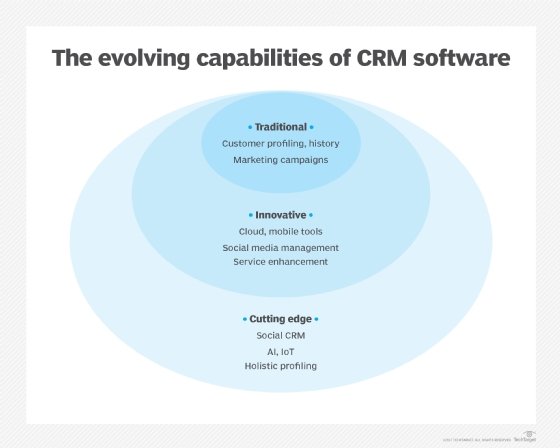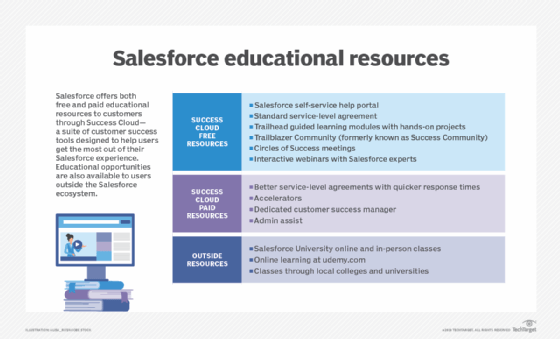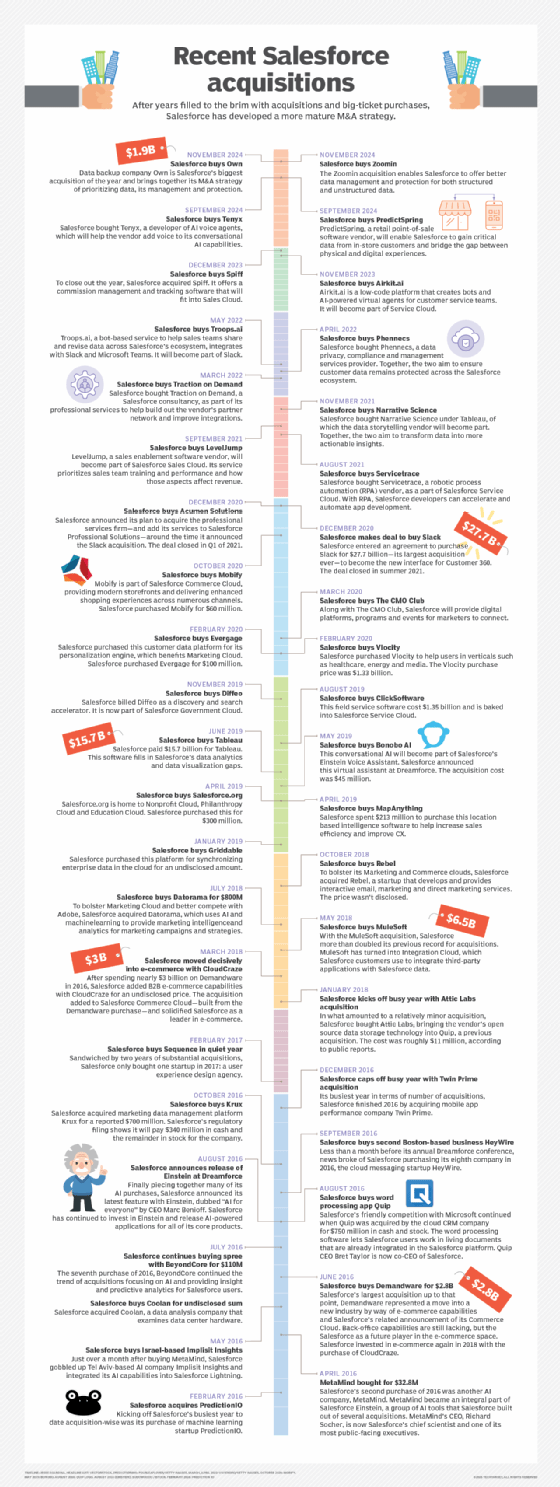Apex (Salesforce)
What is Apex (Salesforce)?
Salesforce Apex is a Microsoft-certified framework for building software as a service (SaaS) apps on top of Salesforce's customer relationship management (CRM) functionality.
How does Salesforce Apex work?
Apex enables developers to access the Salesforce platform back-end database and client-server interfaces to create third-party SaaS applications.
Apex includes an application programming interface (API) that Salesforce developers can use to access user data on the platform.
This API enables Apex developers to use standard SaaS components, like web widgets or a multi-tenant database, without the need to develop much of the infrastructure traditionally associated with SaaS programs.

What are the benefits of using Apex?
There are several benefits to using the Apex data manipulation language (DML). We examine a few of them below.
Easy to use
Apex is built on well-known Java paradigms, such as variable and expression syntax, block and conditional statement syntax, loop syntax and array notation. Where Apex adds new features, it uses straightforward syntax and semantics to make efficient use of Lightning Platform. As a result, Apex generates both succinct and simple code to write.
Data-focused
Apex was created to combine numerous query and DML statements into a single operation on the Salesforce platform similar to how database stored procedures connect many transaction lines on a database server. Developers use database stored procedures in a comparable manner to thread together several transaction instructions on a data server.
Rigorous
The Apex programming language is a strongly typed language that directly references object-oriented schema, such as field names. If any references are faulty, it fails to compile quickly. To guarantee that custom fields, Salesforce objects and class dependencies aren't removed while active Apex code still needs them, it maintains all dependencies in metadata.
Multi-tenant environment
Like the rest of the Lightning components, Apex is housed in a multi-tenant setting. As a result, the Apex runtime engine was created to prevent runaway code from monopolizing shared resources by using tight security measures. Any program that exceeds restrictions produces user-friendly error messages.
Easy to test
Apex has built-in support for unit testing. It displays test results indicating how much code is covered and which sections of a user's code might be optimized. Salesforce runs all unit tests before any platform updates to ensure that all custom Apex code operates correctly.
How are Apex applications hosted?
Apex applications are usually hosted and run directly from Salesforce's servers. No installation on a user's local PC is necessary because of this hosting.
A user simply purchases a given Apex program through AppExchange, Salesforce's web portal for add-ons to CRM.
The user is then able to access the program through the standard user interface. Once created, an application can be published for public use or kept private, for instance, as a proprietary add-on.

Features of Apex
The Apex platform consists of three tools: Builder, API and Code.
Apex Builder
Apex Builder is an on-demand component that enables easy, drag-and-drop customization with a limited set of features. Apex Builder applications are relatively easy to create but must draw on a limited, predefined set of interface elements and business logic algorithms.
Apex API
Apex API is a method of retrieving raw data from Salesforce's servers. Apex API is used by programs that are external to Salesforce, like Java applications, that need access to information on a client's Salesforce account.

Apex Code
Apex Code is a fully featured programming language executed on Salesforce's servers. Apex Code has built-in methods for accessing user data. The language was made available to developers in Salesforce's Winter '07 edition.
Apex Code offers both flexibilities in developing for Apex API and a reduction in the number of calls between server and client. At the same time, Apex API programs must communicate with the Salesforce server each time they access or record data.
Apex Code applications handle these transactions natively, requiring client-server communication when taking user input and displaying the end result.
See also: Salesforce App Cloud, Salesforce Developer Experience, Salesforce Service Cloud, Salesforce Work.com and Salesforce Sales Cloud.
Editor's note: This definition was created in 2009 by Yuval Shavit and later updated for accuracy and readability.







